Evidence-Based & Informed Practices
Together for Youth is committed to evidence based and research informed practices for all our programs. Read below to learn about the various models we use in our work.
Family Check-Up Model (FCU)
The Family Check-Up Model is a brief, strengths-based intervention for families with children ages 2-17. The Family Check-up’s goal is to improve parenting skills and family management practices. Through this model, staff provide parents with support and instruction to help them develop coping skills, improve communication, and reduce conflict. FCU consists of three components:
- Initial interviews to develop rapport with parents to explore their strengths and challenges
- Family assessments through questionnaires and videotaped observation of family interactions
- Feedback to review assessment results and develop a follow-up plan to support continued improvement in parent management
Treatment Foster Care Oregon (TFCO) Model
TFCO is an alternative to residential care for children with emotional and behavioral challenges and their families. Currently, the TFCO model is being piloted in the Greater Capital Region as the Foster One Program, with plans to expand to other areas in NYS upon successful implementation. The goal of TFCO is to provide higher-need children with comprehensive services and support in a foster home environment rather than residential care so they can make a safe and successful transition to permanency resources. Features of TFCO include:
- Each foster home consists of carefully selected, trained, and supported foster parents and has one foster child (ages 7-14) at a time
- Services are individualized for each child, and their foster family, and discharge resource, based on their needs, circumstances, and progress

- Each TCFO foster family and discharge resource works intensely with a dedicated team of professionals who employ specific behavior management strategies to impact behavior change
- During the 6–12-month program, the foster parents with TFCO staff support and services, create a loving, accepting environment for children to change and grow
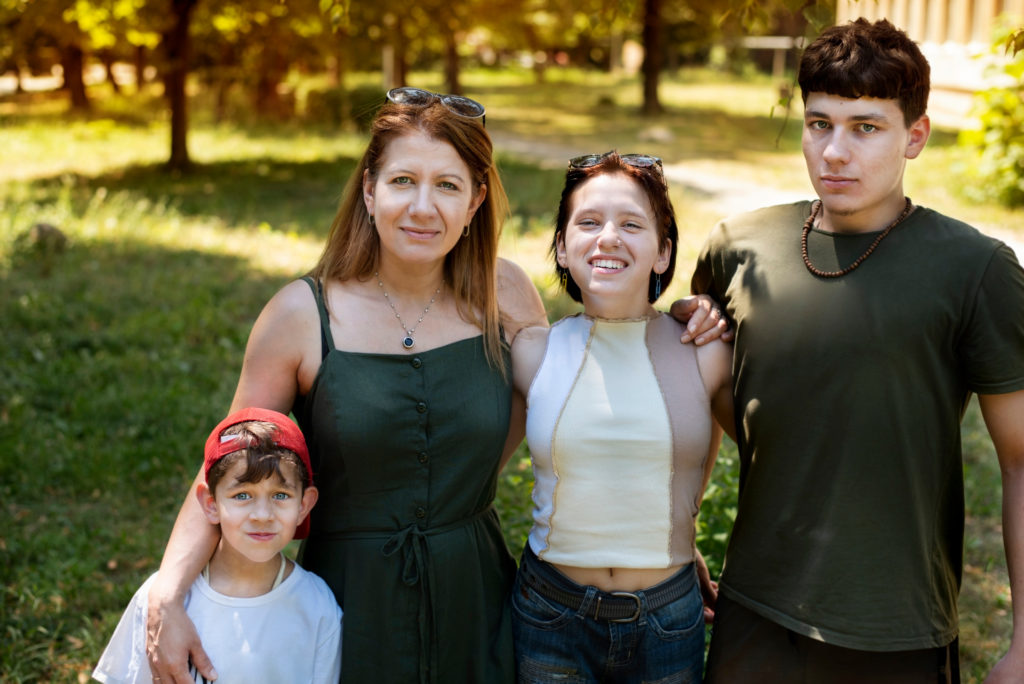
Learn more about how we use The Treatment Foster Care Oregon Model here.

Motivational Interviewing (MI)
MI is a model used by staff to engage children and families, so they are or become motivated and willing to make positive changes. The goal is to work in partnership with families so they can articulate their needs, engage in services, and develop the readiness and ability to change.
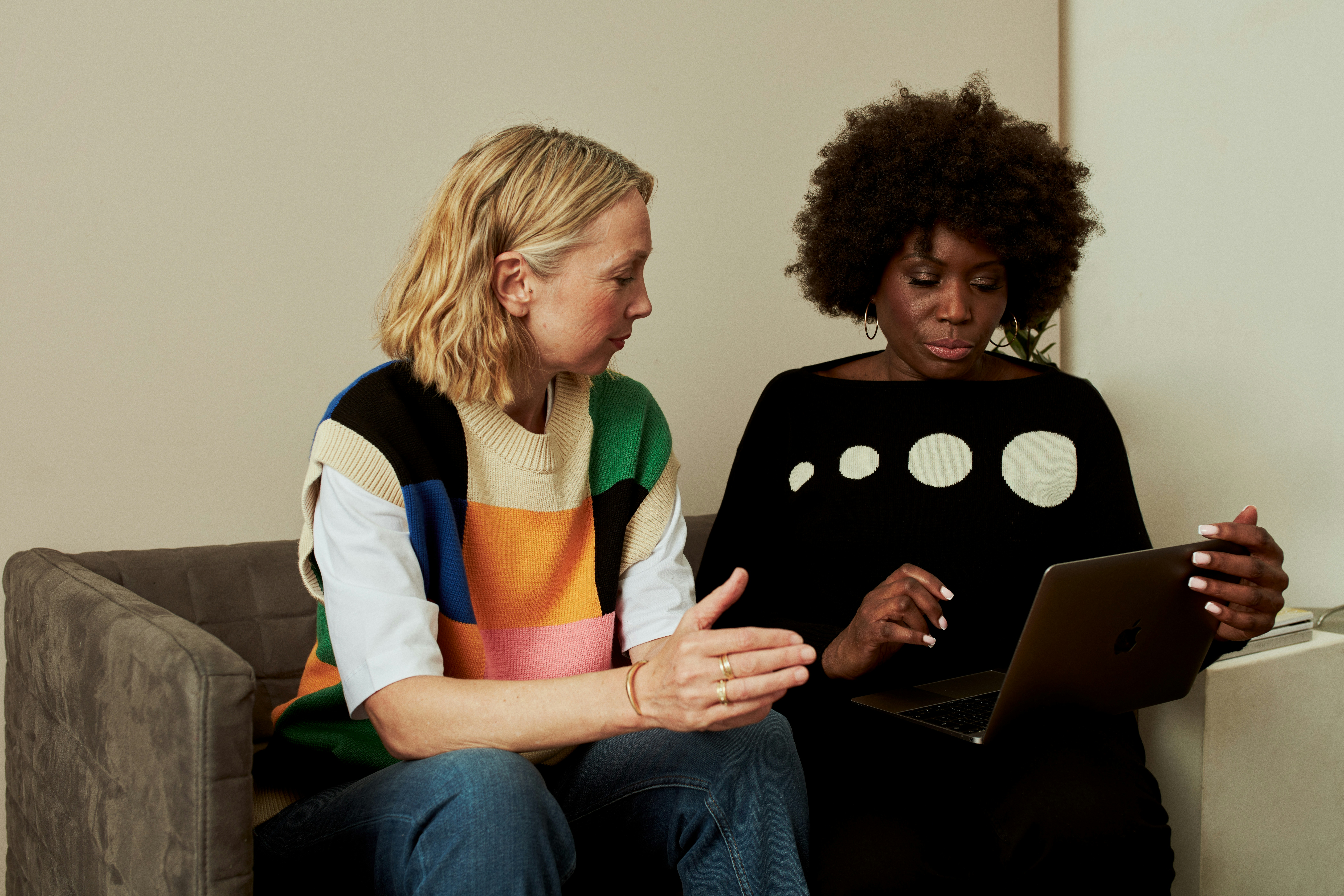
Sanctuary Model
The Sanctuary Model helps us create a trauma-informed community through clinical and organizational change that promotes safety and recovery from adversity. Staff are trained to understand and incorporate the Sanctuary model into work with their team, other agency staff, stakeholders, and most importantly, with children and families. This includes helping to:
- Create a non-violent environment
- Effectively problem-solve conflict through democratic decision-making and shared responsibility
- Provide a safe and connected community
- Provide opportunities for traumatized children and families to have healing emotional, relational, and environmental experiences
- Become more intentional in promoting recovery, healing, and growth

Trauma- Focused Cognitive Behavioral Therapy (TF-CBT)
TF-CBT is a treatment approach that helps children, adolescents, and their parents/caregivers. This approach helps to:
- Reduce negative emotional and behavioral responses following traumatic experiences
- These include healing from abuse and maltreatment, domestic violence, loss, disasters, and other traumatic events

Functional Family Therapy, LLC (FFT)
The goals of FFT are to decrease PINS and JD behavior, effectively avoid the need to place youth in out-of-home care, avoid child maltreatment; and increase the success of youth in their communities. FFT works with families to maintain family unification, decrease acting out/conflictual behaviors, and ensure families have the skills/resources needed to contribute positively to their home, school, and community. Together For Youth provides two FFT models:
- FFT for 11-18-year-old youth who are at risk or have been referred for behavioral or emotional problems and their families
- FFT Child Welfare for youth 0 – 18 and their families involved in the child welfare system
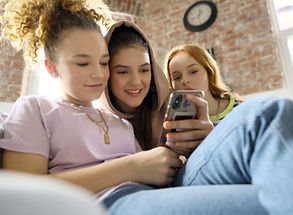
Teen Intervene
Teen Intervene is for adolescents 12-19 experiencing mild to moderate problems related to alcohol or drug use. The model integrates the Stages of Change Model, Motivational Interviewing, and TF-CBT to help teens reduce and ultimately eliminate chemical use. Staff work with youth in our Foster Care program to help them:
- Identify the reasons they have chosen to use alcohol or other drugs
- Examine the effects of substance abuse in their lives
- Learn to make healthier choices
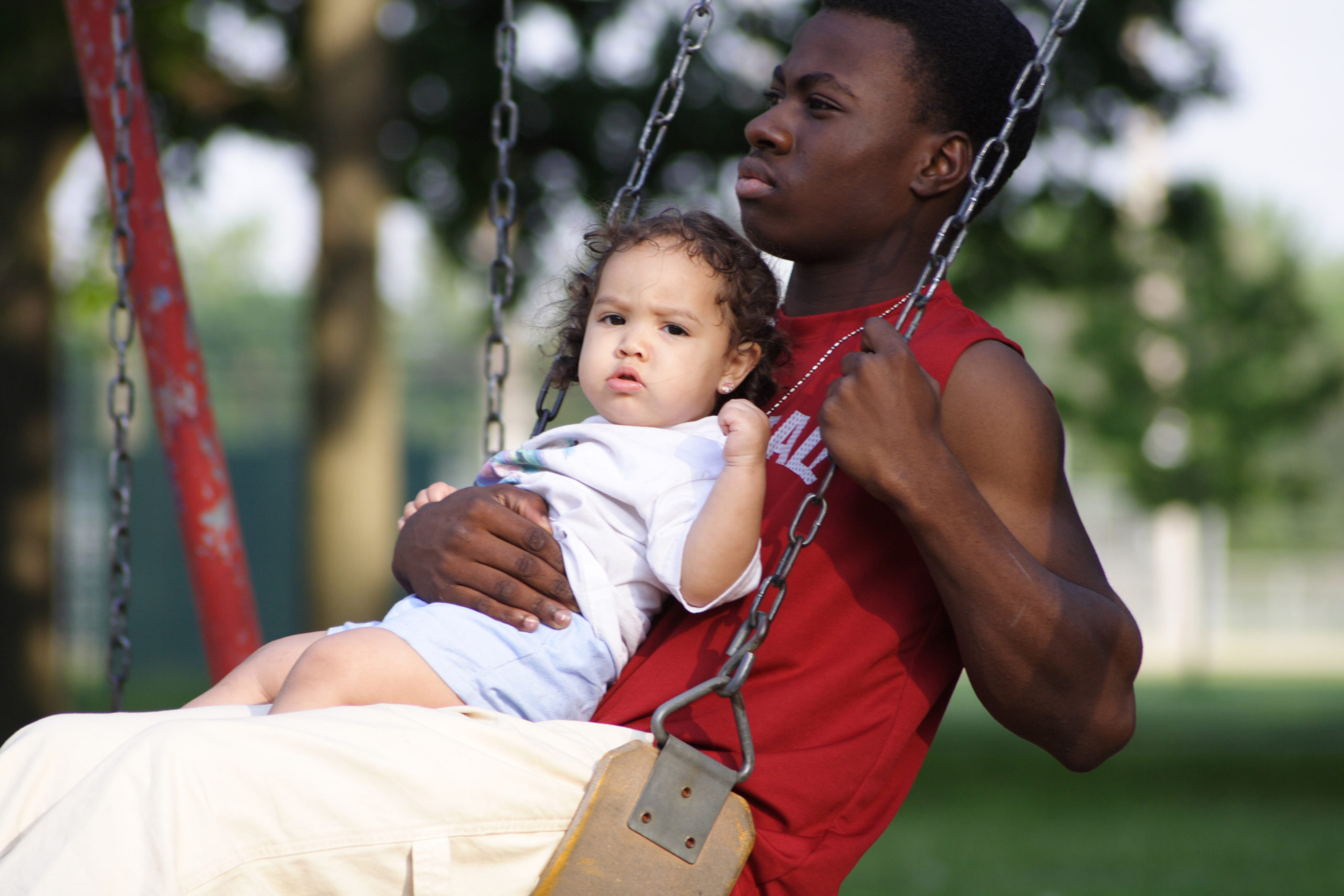
Power Source
Power Source is a curriculum for youth involved or at risk for involvement in the Juvenile
Justice system and who are in detention or some of our Family Prevention Programs.
Through Power Source, staff help youth:
- Identify their strengths and take control of their lives
- Increase their understanding of the emotions and beliefs that drive their high-risk and offending behaviors
- Develop skills to reduce or eliminate high-risk behaviors
- Avoid further involvement in the Juvenile Justice system

Parent Child Interaction Therapy (PCIT)
Parent Child Interaction Therapy (PCIT) is an evidence-based practice for young children ages 2-7 who struggle with behavioral challenges. The model focuses on building attachment between the child and the parent through either child directed play or parent directed play coached by a licensed clinician supporting the parent with play therapy techniques.

EMDR (Eye Movement Desensitization and Reprocessing)
EMDR (Eye Movement Desensitization and Reprocessing) is a psychotherapy that enables people to heal from the symptoms and emotional distress that are the result of disturbing life experiences. EMDR is an eight-phase treatment model, and at TFY, we use this model to support children who have experienced traumatic experiences.
